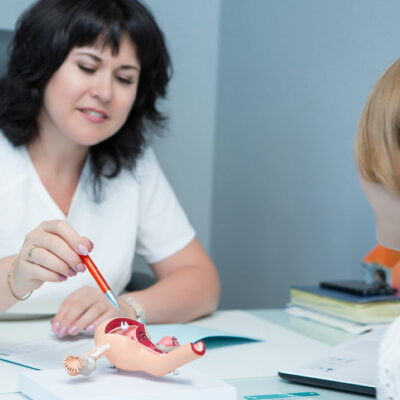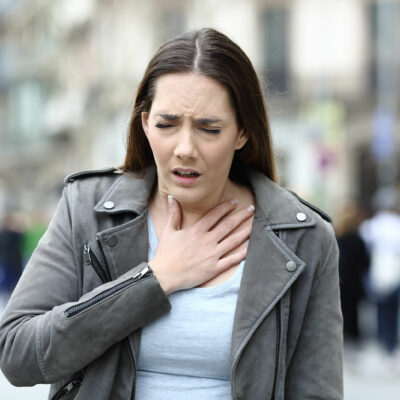
6 alarming signs of esophageal cancer
The esophagus is a muscular tube that connects the throat to the stomach. When one swallows food, it enters the esophagus and is pushed downward by rhythmic contractions of the muscles in the esophageal wall. The normal esophagus cells grow and replace old ones in a regulated and orderly manner. But when esophageal cancer develops, the cells grow and divide uncontrollably and form a tumor. Esophageal cancer is malignant and requires prompt diagnosis and treatment. Symptoms of esophageal cancer Difficulty swallowing An alarming early sign of esophageal cancer is difficulty swallowing, the organ’s primary function. This may feel like food is getting stuck in one’s throat or chest, and it can happen even when taking small bites of food or liquid. This symptom can also lead to choking, coughing, or regurgitation of food. Chest pain or discomfort Esophageal cancer can cause chest pain or discomfort, especially when eating or drinking. The pain may feel like a burning sensation in one’s chest or upper abdomen and can be confused with heartburn or indigestion. Unexplained loss of body mass Cancer can affect one’s ability to eat and absorb nutrients. So, if one seems to lose body mass without trying, it could be a sign of esophageal cancer.
Read Article 









